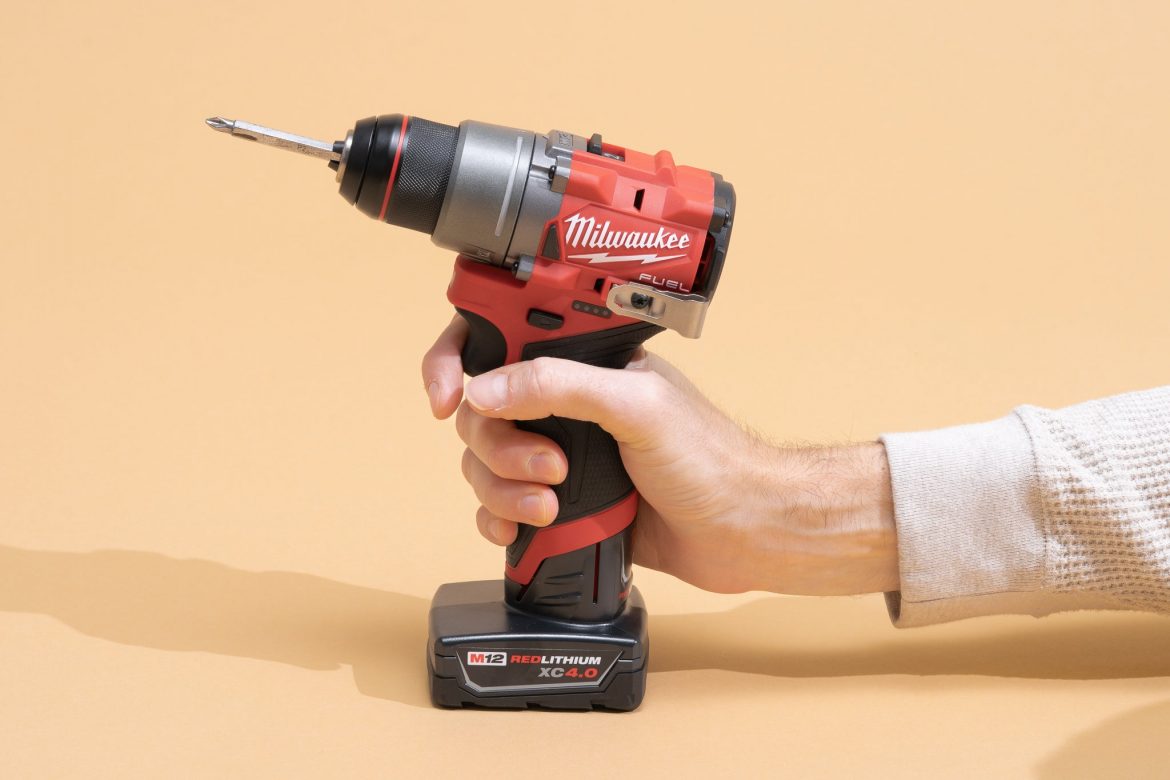When it comes to drilling through metal, the choice of drill bit is paramount. The vast array of options can be overwhelming, leading many to wonder, Which drill bit can drill through metal effectively? In this comprehensive guide, we navigate through the intricacies of metal drilling, unveiling the key factors that determine the success of the endeavor.
1. Understanding Metal Types: Tailoring the Drill Bit Choice
Metal comes in various forms and compositions, from soft aluminum to toughened steel and hardened alloys. Each metal type demands a specific approach. High-speed steel (HSS) drill bits are versatile and suitable for drilling through most metals, while cobalt drill bits excel in tackling hardened steel and alloys. Understanding the nature of the metal you're working with is the first step towards making an informed drill bit choice.
2. High-Speed Steel (HSS) Drill Bits: A Jack-of-All-Trades
High-speed steel (HSS) drill bits are the workhorses of metal drilling. Comprising a blend of steel and other metals, HSS bits boast durability and versatility. They can efficiently drill through softer metals like aluminum, copper, and mild steel. HSS bits are an excellent choice for general metal drilling applications, providing a balance of speed and longevity.
3. Cobalt Drill Bits: Tackling the Tough Stuff
For drilling through harder metals, such as stainless steel and hardened alloys, cobalt drill bits take the spotlight. These bits incorporate cobalt into the high-speed steel composition, enhancing their hardness and heat resistance. The increased durability allows cobalt drill bits to maintain their cutting edge even under the high temperatures generated during drilling through tough metals.
4. Titanium Drill Bits: Durability with a Coating of Excellence
Titanium drill bits combine high-speed steel with a titanium nitride coating, creating a robust and durable tool. The coating adds an extra layer of protection against heat and wear, making titanium drill bits suitable for drilling through a variety of metals. They offer improved performance and longevity, especially when working on projects that involve multiple metal types.
5. Carbide Drill Bits: Conquering Hardened Steel
When faced with the challenge of drilling through hardened steel or abrasive metals, carbide drill bits emerge as the champions. Carbide, a compound of carbon and metal, delivers unparalleled hardness. These bits maintain their cutting edges even in the face of extreme hardness, providing a solution for projects where other drill bits may falter.
6. Step Drills: Precision in Multiple Sizes
For projects that require drilling holes of different sizes in metal, step drills become invaluable. These cone-shaped bits feature multiple stepped levels, allowing for precise and gradual increases in hole diameter. Step drills are ideal for tasks like sheet metal fabrication, providing versatility and efficiency in a single tool.
Conclusion: Matching Precision with Purpose
In the world of metal drilling, the key lies in matching precision with purpose. Whether you're working on a DIY project or a professional metalworking endeavor, selecting the right drill bit is crucial for success. Understanding the specific requirements of the metal at hand and choosing the appropriate drill bit type ensures not only efficiency but also the longevity of your tools. Mastering the art of metal drilling begins with a thoughtful selection of drill bits tailored to the unique demands of each project.
